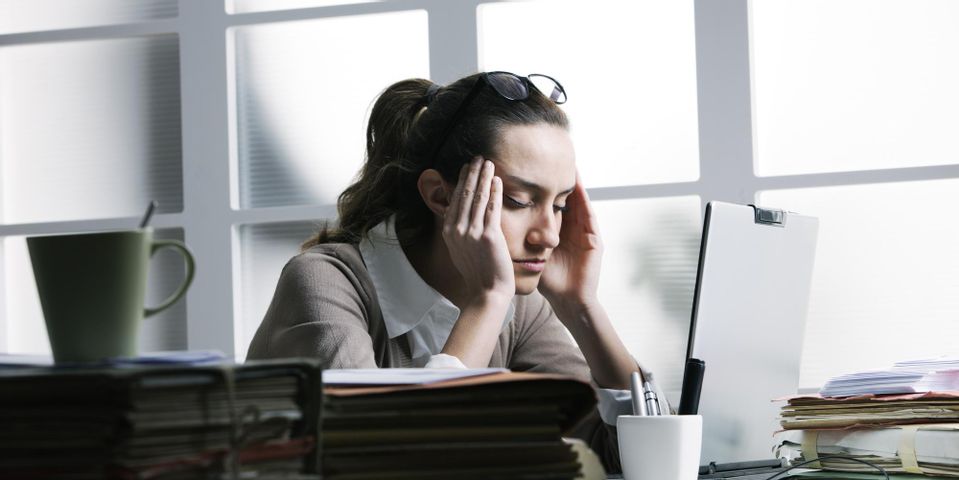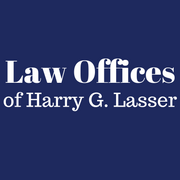How Does Bankruptcy Affect Student Loan Debt?

Although student loans are incredibly common sources of debt, most borrowers aren’t able to have these balances legally discharged. This low probability even applies to those who are discharging many other debts through Chapter 7 bankruptcy. However, this outcome isn’t impossible—especially with help from a bankruptcy attorney. If you can successfully prove “undue hardship” during bankruptcy proceedings, you may be able to erase or minimize your balance. To shed more light on the process, here’s what you should know about claiming undue hardship to discharge educational loans.
Guide to Student Loan Debt & Bankruptcy
What Qualifies as Undue Hardship?
While there’s no official definition of what qualifies as undue hardship, there are tests that are used in court to make the claim. With the Brunner Test, the borrower must prove that they can’t provide a minimal standard of living for themselves and their dependents if they’re forced to repay the loans. They must also show that their current circumstances aren’t likely to improve for a considerable period—such as having a long-term disability or illness. Finally, there must be proof that the debtor has made a good-faith effort to repay the loan in the past.
 With the Totality of Circumstances test, the court takes a less restrictive approach. It considers the debtor’s past alongside their necessary expenses and other facts that apply to the situation.
With the Totality of Circumstances test, the court takes a less restrictive approach. It considers the debtor’s past alongside their necessary expenses and other facts that apply to the situation.
How Should You Prepare for Court?
Since proving undue hardship is a complicated process, working with a personal bankruptcy attorney is highly recommended. Your lawyer will prepare strong arguments to prove your qualifications.
To support these claims, you’ll need comprehensive evidence. For example, you should compile all records of past attempts to reconcile the debt with the lender—such as if you asked for a rate reduction and were denied. You may also need to present detailed financial records to demonstrate your inability to repay the debt with your current income.
What Are Possible Outcomes?
There are many different possible ways the court may decide to handle your student loans as part of the larger bankruptcy. In some cases, there will be no discharge at all. In other situations, some adjustments may be made to reduce the financial burden—such as by lowering your balance or interest rate. While rare, it’s also possible for the entire balance to be discharged.
If you’re searching for student loan debt relief in the Cookeville, TN, area, turn to The Law Offices of Harry G. Lasser. Providing representation in the Upper Cumberland community for more than 25 years, Mr. Lasser is an experienced bankruptcy attorney who understands the specifics of proving undue hardship to discharge student loan debt and other burdens. With a thorough understanding of your financial history and current circumstances, this lawyer will introduce you to the best legal strategies to improve your situation and provide support at every step. Visit this office online to learn more about these services or call (931) 372-9988 to schedule a free bankruptcy consultation.
About the Business
Have a question? Ask the experts!
Send your question

